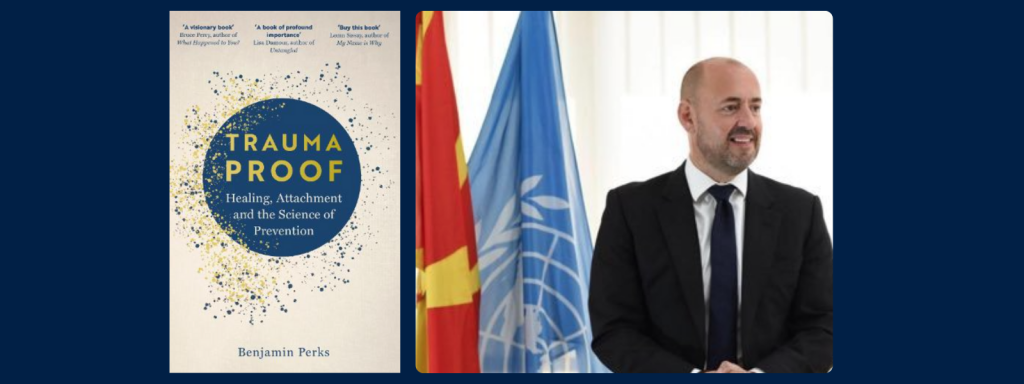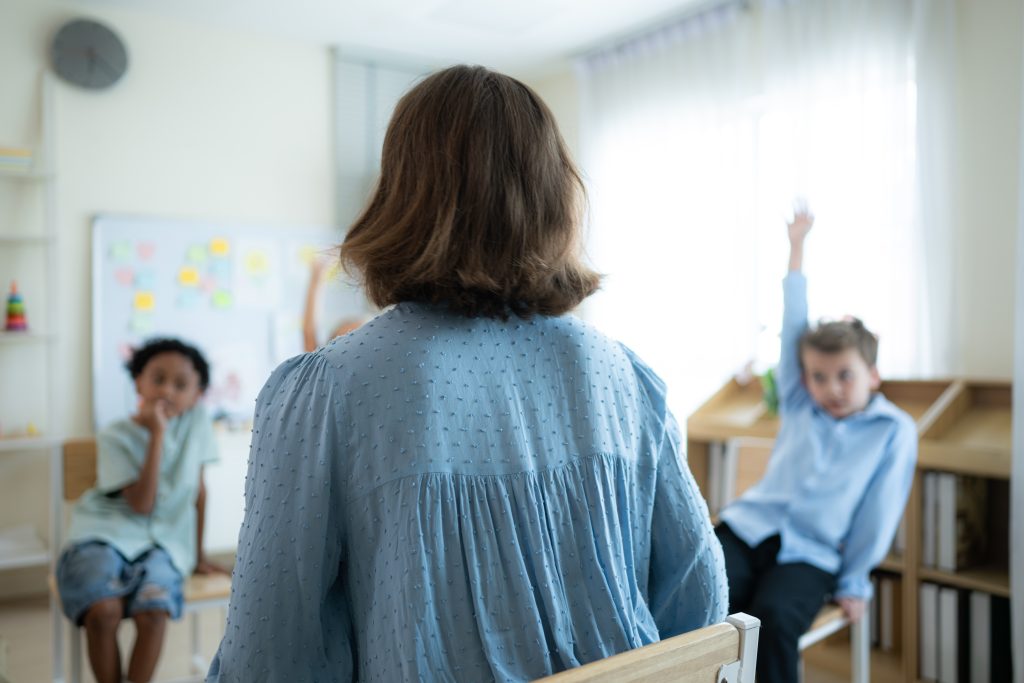
The Education of Unaccompanied Migrant Young People
Education is often one of the top priorities for those young people who arrive to England on their own from another country. Many have been through difficult journeys and find themselves separated from family, friends, and their home country, but we know that education provides a place for stability, for aspirations, and to make new friends.
The young people have aspirations to learn English to a high standard, finish college courses, and go to university. They have wide-ranging job aspirations from pilots to photographers. The other week, one 16-year old asylum-seeking boy explained,
“I want to be a nurse […] I have a grandmother, and when I was with her, she so nice. I was helpful to her. She’s very old. That is why I like older people, to help. I like that to do. […] I don’t want to learn only to get a job and get the money. [I want to learn] especially for my mind, for changing my experience.”
What educational provision is currently offered?
So what educational provision is offered to unaccompanied migrant young people in England? We’ve written a new paper to be released in the Oxford Review of Education that explores this topic based on a research project funded by the OUP John Fell Fund. The statistics show us surprisingly little. We find that only half of unaccompanied asylum-seeking children who have been in care for 12 or more months have a unique pupil number (tracking their educational provision in state funded schools). This may be because many of them go straight to English language programmes in colleges at the ages of 15-17 or be because they go to bespoke provision designed for unaccompanied migrant young people. No matter the reason, it means that it is difficult to understand what provision they do receive and how that provision meets their needs. In order to improve resource sharing, the National Association of Virtual School Heads is planning to host a repository of different educational projects for this population. Understanding educational provision serves as a basis for evaluation and for understanding outcomes.
What do these young people think about their education and aspirations?
Dr Ellie Ott is currently exploring this topic as part of a TORCH Humanities Knowledge Exchange Fellowship. The Fellowship is a partnership with the Oxfordshire Orientation Programme run by Key 2 and with the National Association of Virtual School Heads to share knowledge and share the voices of young people themselves. Although the Fellowship is on-going, the young people’s dedication towards learning and their aspirations for their future careers are already impressive.
This post is written by Dr Ellie Ott, Research Fellow at the Rees Centre and Dr Aoife O’Higgins, a Postdoctoral Research Associate in Magdalen College and the Department of Experimental Psychology who completed her doctorate at the Rees Centre. It is part of a series for the month of May on unaccompanied migrant young people in care.
Contact: Ellie.ott@education.ox.ac.uk
Related Rees Centre resources








